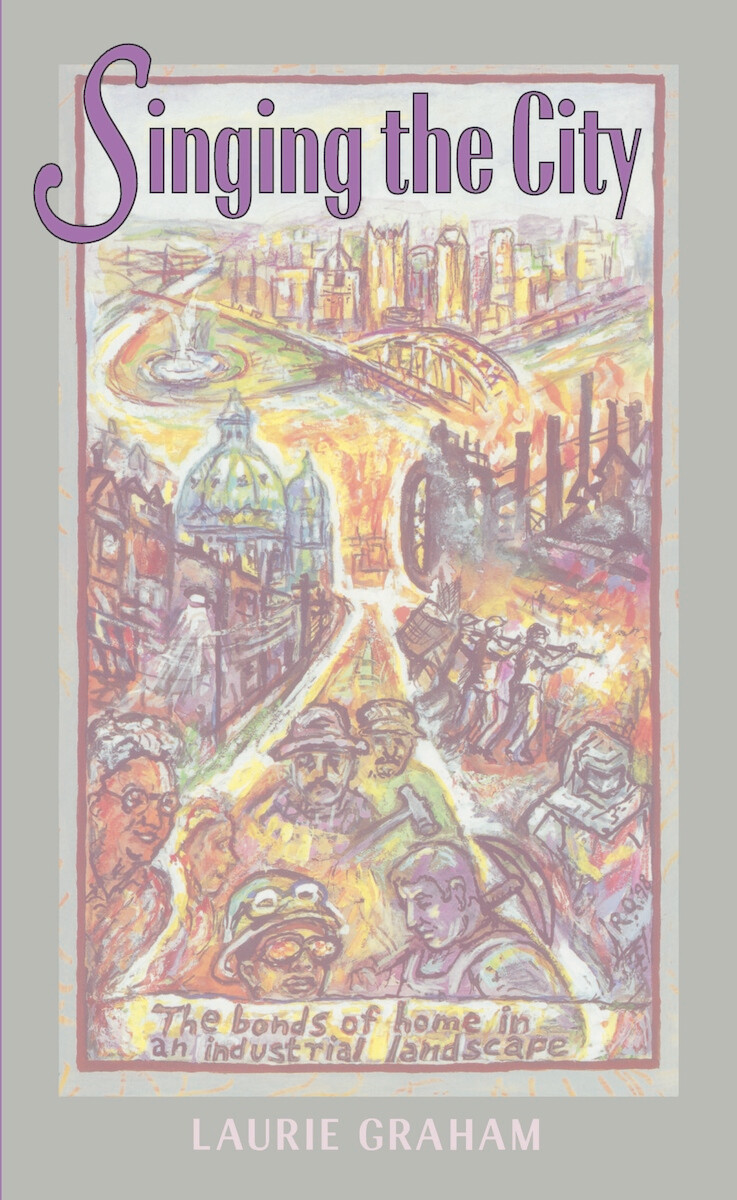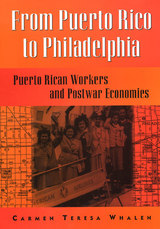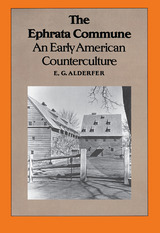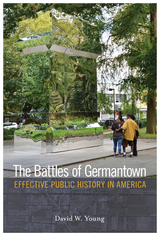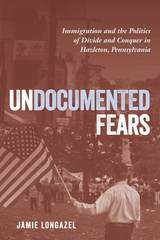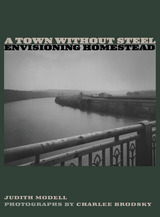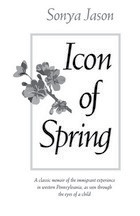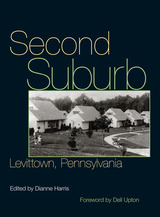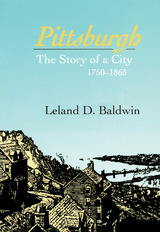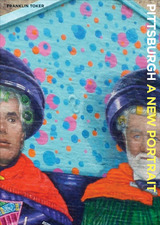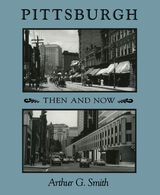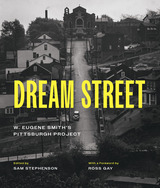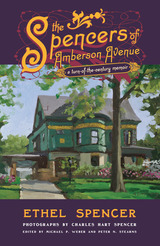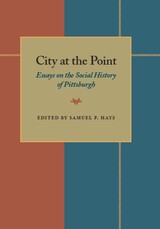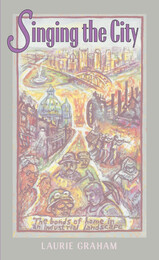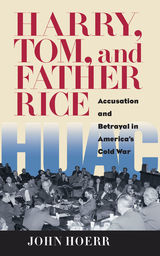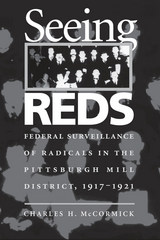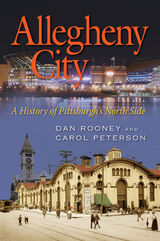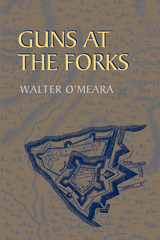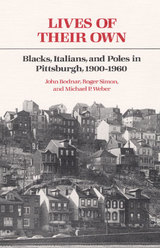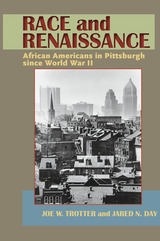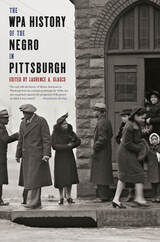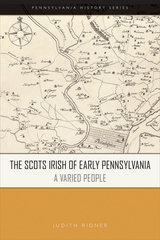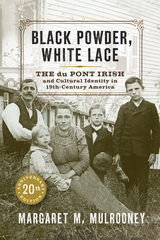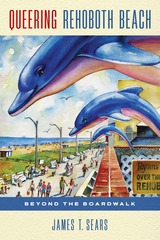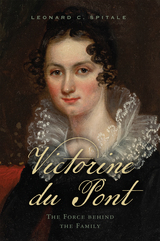Cloth: 978-0-8229-4076-0 | eISBN: 978-0-8229-7237-2 | Paper: 978-0-8229-5792-8
Library of Congress Classification F159.P657G73 1998
Dewey Decimal Classification 974.886
Singing the City is an eloquent tribute to a way of life largely disappearing in America, using Pittsburgh as a lens. Graham is not blind to the damage industry has done—both to people and to the environment, but she shows us that there is also a rich human story that has gone largely untold, one that reveals, in all its ambiguities, the place of the industrial landscape in the heart.
Singing the City is a celebration of a landscape that through most of its history has been unabashedly industrial. Convinced that industrial landscapes are too little understood and appreciated, Graham set out to investigate the city’s landscape, past and present, and to learn the lessons she sensed were there about living a good life. The result, told in both her voice and the distinctive voices of the people she meets, is a powerful contribution to the literature of place.
Graham begins by showing the city as an outgrowth of its geography and its geology—the factors that led to its becoming an industrial place. She describes the human investment in the area: the floods of immigrants who came to work in the mills in the late nineteenth and early twentieth centuries, their struggles within the domains of Andrew Carnegie and Henry Clay Frick. She evokes the superhuman aura of making steel by taking the reader to still functioning mills and uncovers for us a richness of tradition in ethnic neighborhoods that survives to this day.
See other books on: Home | Homes and haunts | Pittsburgh | Pittsburgh (Pa.) | Steel industry and trade
See other titles from University of Pittsburgh Press
